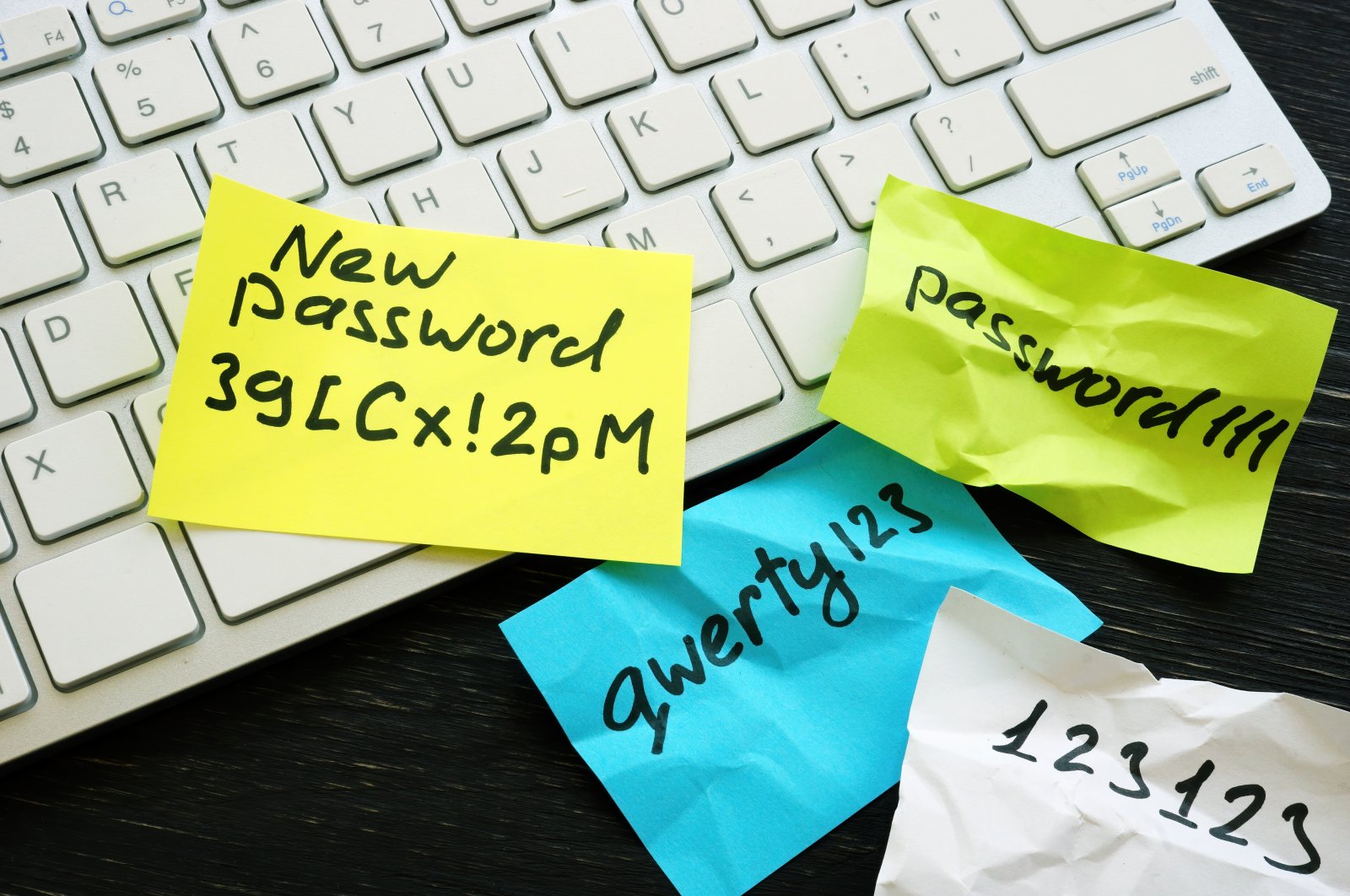
In the last few years, we have seen hundreds of news items about hacking and data leaks, therefore it would lead you to expect that people will put a little more effort when making up a password for any of their accounts.
Well, unfortunately, the most recent data shows that's not really the case.
According to a report published by a password manager, NordPass, of the top 200 most common passwords of 2021, for the second year in a row, "123456” is still the most popular password worldwide even though it would only take a hacker less than one second to crack it. To make matters even worse, it was the most popular password in 43 out of the 50 countries analyzed, followed by "123456,” "123456789,” "12345” (the most popular password in 2019), "qwerty” and just simply "password” or "I love you.”
Here are this year’s Top 10 most popular passwords from around the globe. Warning: Please do not use any of these for your own good!
1. 123456
2. 123456789
3. 12345
4. qwerty
5. password
6. 12345678
7. 111111
8. 123123
9. 1234567890
10. 1234567
In addition to this, the report showed that many people also use their favorite football team names, car brands and band names as passwords. It showed that many users also use their own names. Side note: do not do that either.
In Turkey, on the other hand, word and letter groups such as "sanane," which means "none of your business” in Turkish and "asdasd" came to the fore. Here are this year’s Top 10 most popular passwords in Turkey – again, the same warning as above applies.
1. 123456
2. 123456789
3. 12345
4. password
5. 12345678
6. 1234567
7. sanane
8. 1234567890
9. galatasaray
10. asdasd
Doesn’t really sound safe, right? Well, according to NordPass most of these passwords can be hacked in less than one second.
"Unfortunately, passwords keep getting weaker, and people still don’t maintain proper password hygiene,” NordPass CEO Jonas Karklys said in a statement.
"It’s important to understand that passwords are the gateway to our digital lives, and with us spending more and more time online, it’s becoming enormously important to take better care of our cybersecurity,” he added.
